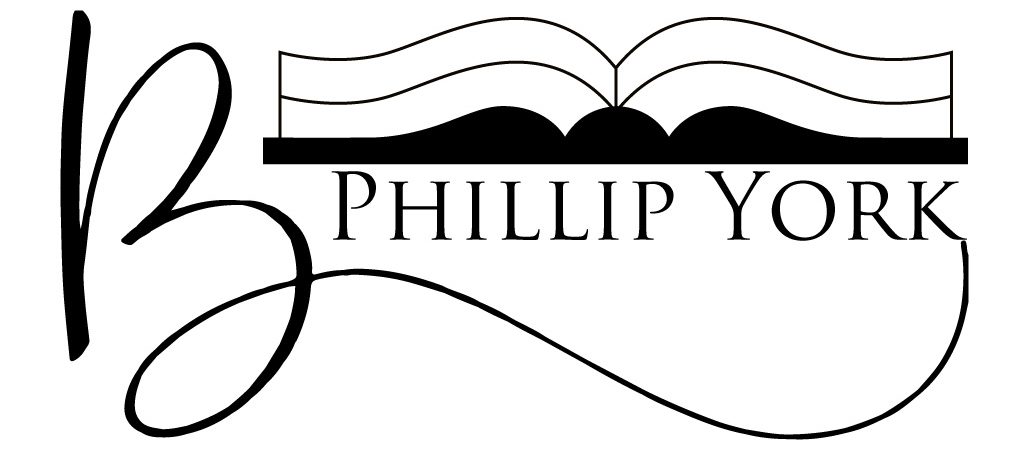
Magic should be Strange and Wondrous, not Mundane and Prosaic
Ancient scientists lacked the scientific method, but they still attempted to explain the world around them. In this sense they weren’t scientists, rather they were seers and sages, and it is worth noting the distinction. People want explanations for things, and they often see purpose, even where there isn’t one. Some have argued that, evolutionarily, this makes perfect sense, even if leads to false positives. If you are drinking at the watering hole, and suddenly all the birds cease their drinking and fly off, and the shaman has told you this is because Ennerib, the water spirit is coming near, and so properly awed you flee, you may well avoid the pride of Lions which even now is approaching and from which the birds fled. If you think the shaman a fool and you continue to drink, you are eaten.
For most of human history, the sun and moon were present, and powerful influences in peoples lives, but also distant and nearly impossible to interact with or even observe at more than a gross level. The sun rose regularly but was interfered with by invisible forces such as gases high up in the atmosphere, the tilt of the Earth and it’s change over the seasons, eclipses, and sun activity and cycles themselves. But most of these don’t affect the sun at all, merely the primary ways in which we experience the sun, light, and heat. It’s little wonder that ancient philosophers reasoned the sun was like a person, but with godlike powers. Powerful, mostly predictable but with moods and changes of temperament.
This kind of explanatory thinking helped quell the terrors of the unknown. The sun will rise tomorrow, we have placated the powerful presence which is the sun with sacrifice, and therefore we can count on it. It also leads to magical thinking about problems and solutions. A waterfall might be caused by a forest nymph who lost her satyr lover, and the falling water was the powerful effect of her tears coming down. A rainbow could signal that her grief had come to an end.
Naturally, people emerged who claimed, and may have believed, they could interact with, charm and beguile, propitiate or bargain with such beings. Some of these may have been quacks, others astrologers or theorists. Some may have had access to knowledge, such as medicines that worked, as we now understand due to chemistry, but they might’ve believed were caused by the nymph’s tears watering the plants. In harnessing such forces they would’ve believed in a kind of fundamental interconnectedness of all things, and when their magic failed, it could’ve been due to any number of malign influences or seeming coincidences. To a modern observer, this might seem like the worst kind of charlatanism, if a physic had no effect, we would not assume it is because the moon is in the wrong phase or was in the wrong phase when it was plucked. But this kind of magical thinking was not just rampant, it was ubiquitous.
Prior to the enlightenment no-one would’ve made a distinction between the natural and supernatural worlds. Now when we look at the universe we see of cause and effect, with many clearly defined laws that allow us to know how things are likely to proceed. The enlightenment was in part an argument that the universe could be examined as a set of identifiable and knowable forces. Through the scientific method of hypothesis, experiment, an dobservation we could make rational, repeatable determinations about the natural world. In essence, the argument was: it’s turtles all the way down. Unfortunately, as we’ve discovered this breaks down at the quantum level, and we are back to talking about spooky action at a distance and uncertainty principles; it is not turtles all the way down.
But often in fantasy magic is not fantastic at all. It is prosaic. It follows clear and well-defined rules. And these rules are known. In essence, then, pre-enlightenment sorcerers seem to run around having performed repeated empirical experimentation in order to determine exactly how magic worked but then have stopped. There are justifiable reasons for this, perhaps the ruling Mageocracy sees technology as a threat, and ruthlessly squashes anyone who uses empirical observation methods to better understand the universe since if you are generating great custom levitating blocks to build walls, a pulley is a huge threat to your business. But frequently there seems to be a failure to truly imagine the pre-enlightenment mind, and 13th-century equivalent wizards are using 20th-century techniques to understand what has been reduced to in effect, strange physics.
Magic can include wonder and mystery and a sense of the unknown and even the unknowable. This is what makes magic magical.

